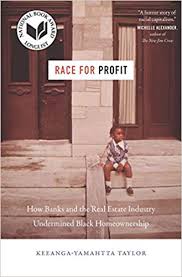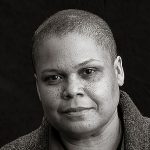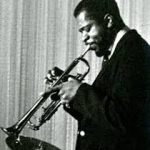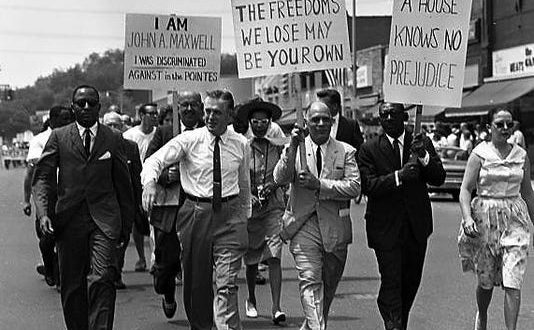Podcast: Play in new window | Download (Duration: 59:00 — 42.4MB)
 Starting with real estate reforms in the 1970s supposedly instituted to open a path to the American Dream for Black citizens, Keeanga-Yamahtta Taylor’s new book, Race for Profit, a study of Black home ownership, argues that the turn from exclusion to inclusion was just another, less explicit, but equally damaging form of systemic racism.
Starting with real estate reforms in the 1970s supposedly instituted to open a path to the American Dream for Black citizens, Keeanga-Yamahtta Taylor’s new book, Race for Profit, a study of Black home ownership, argues that the turn from exclusion to inclusion was just another, less explicit, but equally damaging form of systemic racism.
By the late 1960s and early 1970s, reeling from a wave of urban uprisings, politicians finally worked to end the practice of redlining. Reasoning that the turbulence could be calmed by turning Black city-dwellers into homeowners, they passed the Housing and Urban Development Act of 1968, and set about establishing policies to induce mortgage lenders and the real estate industry to treat Black homebuyers equally. The disaster that ensued revealed that racist exclusion had not been eradicated, but rather transmuted into a new phenomenon of predatory inclusion.
Taylor draws on extensive archival evidence to show that the programs encouraging African Americans to invest in real estate were targeted at those most likely to default on payments and slip into foreclosure. Race for Profit goes right to the heart of the perhaps unique mix of Racism and Capitalism in the US by showing that the urban core, which is to say, where Black Americans were living, was transformed into a new frontier of cynical extraction.
Homeownership didn’t result in the fulfillment of a dream but instead became a nightmare–and, to quote Michelle Alexander, author of The New Jim Crow, “a horror story of racial capitalism.”
 GUEST
GUEST
Keeanga-Yamahtta Taylor is Assistant Professor of African American Studies at Princeton University. Her books include From #BlackLivesMatter to Black Liberation, which won the Lannan Cultural Freedom Award for an Especially Notable Book in 2016, and the edited volume How We Get Free: Black Feminism and the Combahee River Collective, which won the Lambda Literary Award for LGBQT nonfiction in 2018.
RELATED
How Real Estate Segregated America by Keeanga-Yamahtta Taylor
Race for profits: Taylor’s research on ’70s urban housing crisis exposes a familiar history
How Would Lenin Solve the Housing Crisis?
Pred Ed: For-Profit Colleges and Universities (Interchange)
 MUSIC
MUSIC
The music for our show comes from Donaldson Toussaint L’Ouverture Byrd II, better known as American trumpeter Donald Byrd.
“Exhibit A” (New Formulas from the Jazz Lab – recorded in 1957, released in 1982)
“Places and Spaces” (1975, Places and Spaces)
“The Loud Minority” (1971, Kofi)
“Design a Nation” (1975, Stepping Into Tomorrow)
“Where Are We Going” (1973, Black Byrd)
CREDITS
Producer & Host: Doug Storm
Studio Engineer: Dan Withered
Executive Producer: Kade Young
 WFHB Bloomington Community Radio
WFHB Bloomington Community Radio


